In today’s fast-paced world, feelings of anxiety and stress have become all too familiar for many people. While occasional stress is a normal part of life, chronic anxiety and overwhelming stress can have a profound impact on mental and physical well-being.






